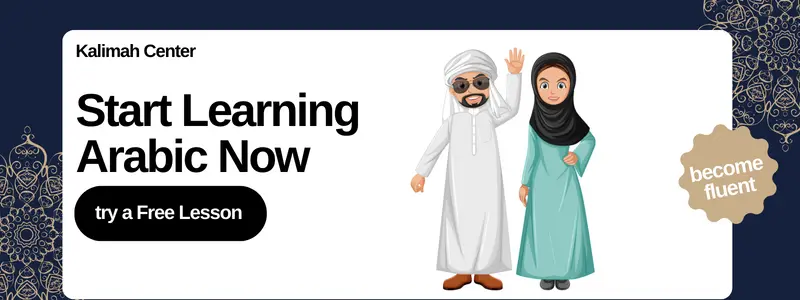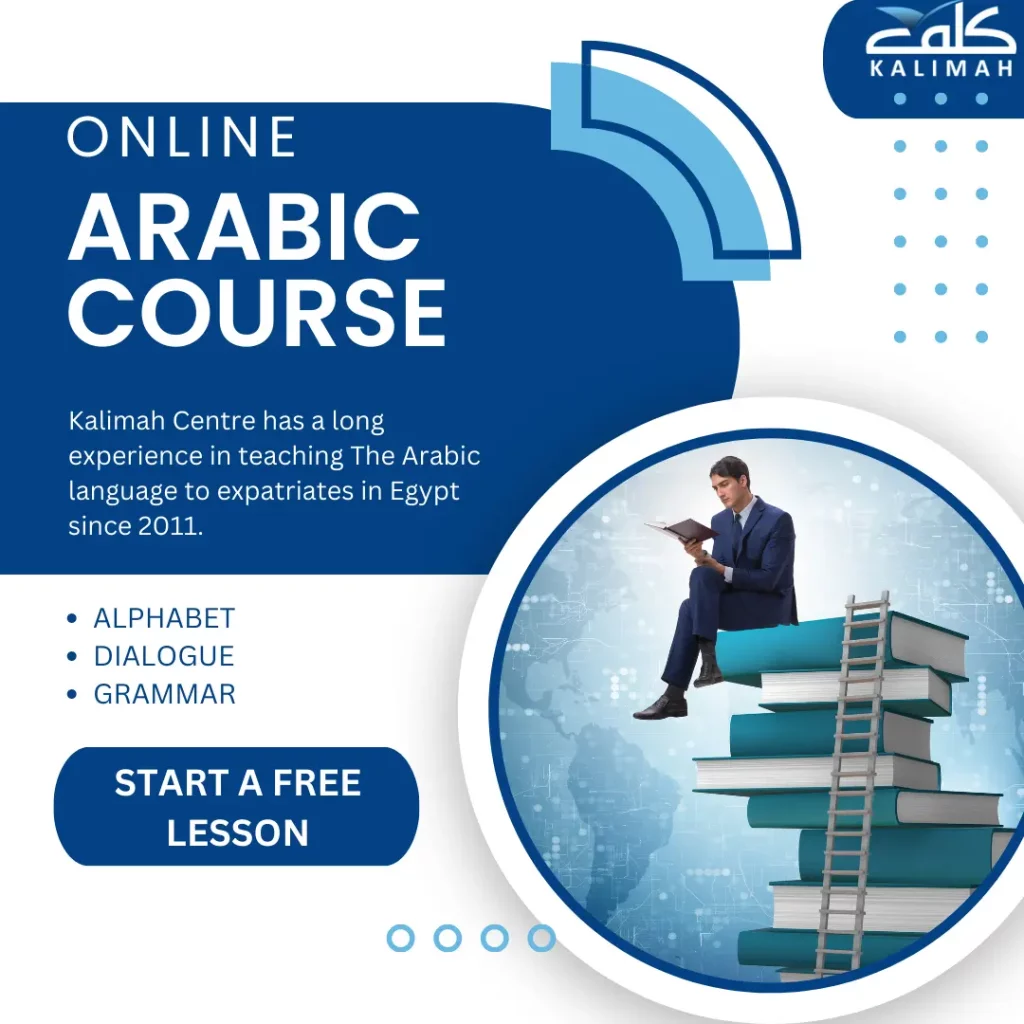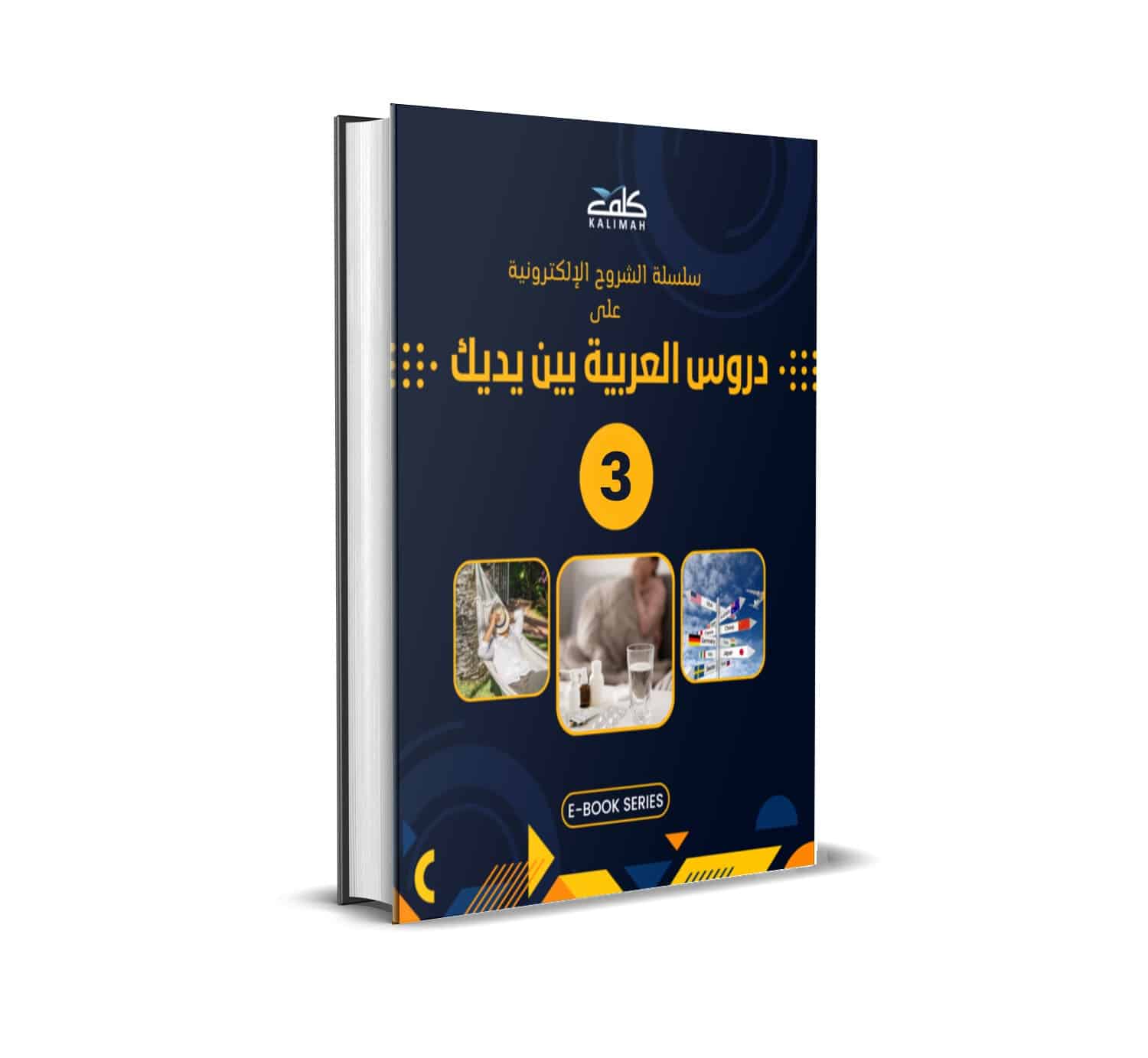The 18th of December allows us to celebrate the richness and global importance of the Arabic language. The language has played a significant role in culture, the arts, and science throughout history. This language holds special significance in the world because it influences several other global languages, including Greek, Spanish, Persian, Hindi, Bengali, Punjabi, and Pashto, amongst others.
As Arabic is one of the most widely spoken languages in the world, World Arabic Language Day has been celebrated on December 18 every year since 2012 in commemoration of the day in 1973 when the United Nations (UN) General Assembly adopted Arabic as the sixth official language used by the UN.
What Is The Arabic Language Day?
On December 18th, The Arabic Language became a United Nations official language. In 2024, The Arabic Language International Day is 18 of December 2024, Wednesday.
World arabic language day is an opportunity to celebrate the richness and global importance of the Arabic language, which has played a catalytic role in culture, science and the arts throughout history.
Nowadays, Arabic is one of the most widely spoken languages in the world and it represents a true pillar of diversity, spoken in its varying forms by over 400 million people in 25 countries.
Arabic Language Day is also a chance to promote the place of Arabic in academia and expand accessibility to knowledge.
History Of World Arabic Language Day
The earliest Arabic inscriptions were created in the early 6th century AD. Arabic was originally based mainly on the Aramaic alphabet, which was then modified and adapted over many years to finally become its own, distinct language. In 632, the year that the Quran was revealed to the prophet Muhammad, the holy book of Islam, the Quran, was written in classical Arabic, and it is still used in religious ceremonies and sermons to this day.
By the 8thcentury, many poems and other works had been written in Arabic as well. Arabic has had an enormous influence on people all over the world, as the majority of countries in the world today officially use the Arabic numerical system.
Furthermore, because of the countless wars waged in the Middle Ages, the Arabic language is an important source of vocabulary for many European languages, as well as non-European languages such as Swahili and Uzbek. Many of the words that English-speakers use regularly come from Arabic.
World Arabic Language Day was established in 2010 by UNESCO to promote cultural understanding and highlight Arabic as one of the most important languages in the world.

How To Celebrate World Arabic Language Day?
The best way to celebrate this day would be to increase your knowledge of this language. Many people living in parts of North America or Europe may not even really know how it sounds.
Of course, it is nearly impossible to learn to read even small fragments of this complex language during the course of just one day, but that shouldn’t stop you from discovering it. The Arabic language is beautiful.
Arabic Language Day Activities
Since its very first celebration in 2012, each year on December 18 UNESCO commemorates World Arabic Language Day, highlighting Arabic’s legacy and immense contribution to humanity.
International Arabic language Day Celebrations by Islamic Activities, Here are some of these activities:
1. Free Arabic Alphabet Letters Stories Printables:
Teach your child the Characteristics of Arabic alphabet letters with the best Arabic letters stories and images in Arabic alphabet for kids. letter stories for the first grade of primary and alphabet stories for kindergarten.
2. Arabic Short Stories and Cartoons:
Watch cartoon videos of short Arabic stories for children, especially if they are stories from the Holy Quran, such as the stories of the People of the Cave, zou al-Qarnayn, the Kingdom of Sabaa, the stories of the prophets, and the other great Quranic stories.
3. Free Printable Arabic Coloring Pages, Muslim Kids:
Our kids love painting and coloring so much. Islamic coloring pages and simple decorative drawings, you can, dear educator, print them and dedicate them to children within the activities of the Arabic language week to express the love of the Arabic language on international arabic language day.
4. International Arabic Language Day Calligraphy, Free Printables:
Students are actively involved in the preparation of the event, where they bring in posters both in Arabic and English The exhibition focuses on these pieces as its main focus and hopes to include lectures and seminars in its future Arabic.
5. Use Games And Multimedia In The World Language Day Celebration:
look at your children’s other hobbies and activities. What do they enjoy doing? What activities make them happy?
6. Diy World Arabic Language Day Crafts Ideas For Kids:
Watch the video step by step to make easy paper crafts for children, and present them as gifts to children within the activities of Arabic Language Day.
Which of these activities could you spontaneously enhance every time they accomplish something new or take another step toward their language goals? A new video game, some more soccer equipment, a party.
7. Arabic Language Day Competition:
Encourage your students and children to practice or start learning Arabic through questions and answers like:
- Why was the Arabic language called the language of the dhad, and when did this term appear?
- Why is Arabic the language of the Quran? What is its history? And other useful questions.
8. Fruits & Vegetables Flashcards in Arabic:
These lovely flashcards will help your kids or students learn the names of fruits and Vegetables in Arabic and English. Moreover, They would be great for teachers to use for whole-group or small-group reviews. Even more, teachers can use them to display in classroom demonstrations as a visual aid.
Why Is Arabic Language Day Celebrated?
International arabic language day is celebrated every year on 18 December since 2012. The date coincides with the day in 1973 that the United Nations General Assembly adopted Arabic as the sixth official language of the Organization.
The objectives of the U.N. Arabic Language Day is to promote equal use of all six official working languages throughout the organization and to celebrate multilingualism, as a core value, and cultural diversity.
The celebration of the Arabic Language day aims to acknowledge the contribution of the ‘Arabic language’ in enriching science, philosophy, literature, art and universal culture. The day is also an opportunity to look into the status and the future of one of the most widely spoken languages across the globe.
Facts About Arabic On World Arabic Language Day
Every year on December 18th, World Arabic Language Day celebrates the Arabic language. The day also promotes multilingualism and cultural diversity.
Here are amazing 14 facts probably you don’t know about the Arabic language:
1. Arabic Is Part Of The Central Semitic Language Family
The Central Semitic language family includes Hebrew, Aramaic and Phoenician. Babbel also states that Arabic is believed to have evolved from Aramaic more than a millennium ago among the Bedouin nomadic tribes in the deserts of the Arabian peninsula.
2. Arabic Language Is One Of The Most Widely Spoken Languages In The World:
Arabic language is used daily by more than 400 million people. It has nearly 300 million native speakers. It is the sixth most spoken language in the world.
3. Arabic Language Is An Official Language In Many Countries:
Arabic language is an official language in all Arab countries and in the African continent such as Chad, Somalia and Djibouti. There are also other countries in Africa and Asia where Arabic is a national language or a recognized minority language such as Iran, Turkey, Cyprus, Mali and Senegal.
4. Arabic Language Is The Sixth Official Language In The United Nations:
the UN General Assembly decided in 1973 to make Arabic one of its official languages after a proposal from Morocco and Saudi Arabia.
5. The Arabic Alphabet Is Used In Many Other Languages:
The Arabic alphabet is used in many other languages such as Persian and Urdu: speakers of unwritten languages used the Arabic alphabet in the past to write their mother tongue, given that Arabic was their second language or the only codified language they knew.
6. There Are Two Different Forms Of Arabic:
Modern Standard Arabic (MSA) is similar but easier than Classical Arabic. MSA is used in newspapers and by television presenters and politicians, as well as to teach Arabic as a foreign language.
The other form of Arabic is Classical Arabic which is what the Qur’an is written in and is the base of the grammatical norms of the Arabic language. Classical Arabic is used by religious scholars and is taught in schools. Today, Classical Arabic is considered more of a written language than a spoken one.
7. Arabic Is Written From Right To Left:
Arabic words and sentences are written and read from right to left, and books and papers from back to front. However, Arabic numbers are read and written from left to right.
8. Arabic Language Is The Language Of Rituals For Over A Billion Muslims Around The World:
Prayer and other rituals in Islam are conducted in Arabic. Arabic words can be found in languages spoken by non-Arab Muslims. It is one of the most spread languages in the world because of being the language of the Qur’an, the Muslim holy book and divine revelation.
9. Arabic Language Is The Liturgical Language In Many Churches In The Arab World:
this means that Christian rituals are celebrated there in Arabic. Also, a significant part of the Jewish cultural and religious heritage was written in Arabic.
10. Arabic Language Has A Unique Sound That Does Not Exist In Any Other Language (Ḍād)[ض]:
Ḍād letter is the fifteenth letter of the Arabic alphabet. It is very unusual to speakers of European languages. It can be described as a very strongly pronounced “D”. For this reason, Arabic is called “the language of the Ḍād”.
11. Expressive Language
The Arabic language is well known for being eloquent, expressive, clear, rich, rational, scientific, flexible, and emotive all at once and in many ways. With a range of vocabulary and expressions that allow speakers to convey complex emotions and ideas.
Arabic music, poetry, and literature are all known for their ability to evoke strong emotions, and convey a deep sense of beauty. Additionally, Arabic is more powerful and gets the message out clearer, and more precisely than any other language. That’s why It’s a highly expressive language.
12. Arabic Consists Of 16.000 Roots, Against 700 Roots In Latin:
Arabic language is noteworthy that words in Arabic are derived from roots that are usually a combination of three letters. According to some sources, Arabic has 12.3 million words, while English consists of 600.000 English words.
13. The Celebration Of The Wald Started In 2012:
On December 18, 1973, the UN General Assembly decided to make Arabic one of its official languages at the UN. In 2012, UNESCO decided to celebrate the WALD on the same day.
14. The Arabic Language Is Not Coping With Technology:
Arabic language faces this challenge because of insufficient translations in Arab countries. Also, scientific terms could not be unified throughout the Arab countries.

Looking to accelerate your Arabic Learning?
Look no further than the Arabic language lessons at Kalima Center.
With personalized courses designed to fit your personal needs and goals, Kalimah-Center’s experienced teachers are dedicated to helping you master Arabic quickly and efficiently.
Kalima Center’s represents teachers who specialize in Arabic language The platform provides access to passionate, trusted teachers who are committed to maximizing your learning potential. By leveraging their expertise and guidance, you’ll experience accelerated progress in your Arabic language skills. Choose the best tutors now
📚 Explore Our Courses:
Online Arabic Course: Tailored to your level, our comprehensive Arabic program includes 16 teaching levels and 400+ hours of personalized sessions.
Online Quran With Tajweed Course: Perfect for non-Arabic speakers, our course spans 13 levels and equips you with Tajweed mastery from beginner to advanced.
Online Arabic Course For Kids: Nurture your child’s love for Arabic with our engaging and structured program, available in 24 levels for primary, intermediate, and secondary stages.
🚀 Start Your Free Trial Today! 🚀
Don’t miss out on this life-changing opportunity to deepen your faith and knowledge. Sign up now for your free trial and take the first step towards becoming a better practicing Muslim with Kalimah Center!
Conclusion
Arabic Language Day is a day that Arabs celebrate every year on the occasion of the Arabic language obtaining official status from the United Nations and this is not strange because the Arabic language is one of the most widely spoken languages in the world, spoken in its varying forms by over 400 million people in 25 countries.
The Arabic language has played a significant role in culture, the arts, and science throughout history. This language holds special significance in the world because it influences several other global languages.












